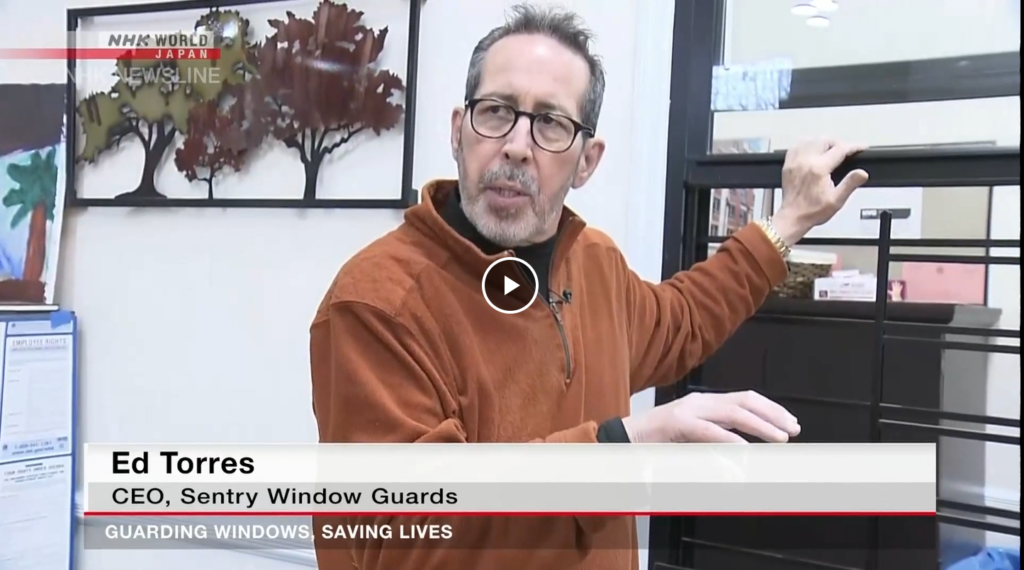As winter approaches, the anticipation of New York City’s first significant snowstorm of the season brings both excitement and the need for important preparation. The city that never sleeps will soon transform into a winter wonderland, so now is the time to make plans for navigating the snowy streets and ensuring the warmth and safety of your home. Keep reading to explore the essential steps necessary to prepare for the first big snowstorm of the season!
Stay Informed
Staying informed is the key to navigating New York City’s winter weather successfully. Keep an eye on reliable weather sources for up-to-date forecasts. Whether it’s road closures, transit changes, or important updates, knowing what’s coming your way helps you plan ahead and adapt to changing conditions. Enroll in the Notify NYC alert system, which is New York City’s official source for information about emergency alerts and important city services. You can receive alerts through email, text, telephone, or social media.
Stock Up
Being prepared by stocking up on essentials before the first snowflake falls is the best defense for whatever winter throws your way. Having the essentials listed below already on hand can ease your mind during a snowstorm.
- Fill a winter emergency kit with a 72-hour supply of food, water, medications, and other essentials for each family member and all pets. Be sure your emergency kit also includes first-aid supplies, flashlights, batteries, a whistle to signal for help, and copies of important family documents.
- Arm yourself with rock salt, shovels, and other snow removal gear to keep the pathways around your home clear.
- Stay warm and cozy this winter by stocking up on warm clothing, snow boots, hand warmers, and blankets.
- Keep a couple of portable battery banks regularly charged that can support your mobile phones and any other important electronic equipment during a winter storm power outage.
Prepare Your Home
- Keep that winter chill on the outside by sealing cracks and insulating windows, doors, attics. A cozy home starts with blocking out the cold drafts.
- Regular maintenance is essential for keeping your HVAC running as efficiently as possible. Servicing the system now can help provide warmth all winter long.
- Before winter storms approach, remove any dangerous or dangling tree branches over your house. Branches that are loaded with snow and ice can easily break causing damage to your roof.
- Pipes can crack and burst when cold temperatures cause the water inside to freeze. Protect outdoor water spigots by disconnecting all garden hoses. If possible, shut off the water supply for external spigots and drain any remaining water. Place an insulated dome around each spigot for further protection. On extremely cold nights, maintain a slow drip to alleviate pressure in the water system, reducing the likelihood of pipe rupture if freezing occurs. The best faucet to leave dripping is the one that is the furthest away from the main pipeline that brings water into your house, allowing more pipes to receive the benefit of the drip.
Make Transportation Plans
If you can, steer clear of driving in a winter snowstorm. Opt for public transportation for a safer journey. If driving is unavoidable, follow the safety tips below.
- Make sure to slow down. Keep in mind that speed limits are designed for ideal weather conditions, and it takes longer for vehicles to stop on snowy and icy roads compared to dry pavement.
- Stick to major streets or highways whenever you can.
- While four-wheel drive vehicles might handle snow-covered roads better, they don’t stop any quicker than other vehicles.
- Familiarize yourself with your vehicle’s braking system, especially if you have antilock brakes, as they require a different technique in icy or snowy conditions.
- When navigating a snowstorm, choose daylight hours for travel and let someone know your plans.
At Sentry Window Guards we make it our mission to help keep families safe. By staying informed about weather conditions, stocking up on winter and emergency supplies, preparing your home, and adopting safe driving practices, you can navigate the challenges of New York City’s first winter snowstorm with confidence! For more information regarding our window guard products and our experience and leadership in understanding NYC safety requirements, contact us today!









